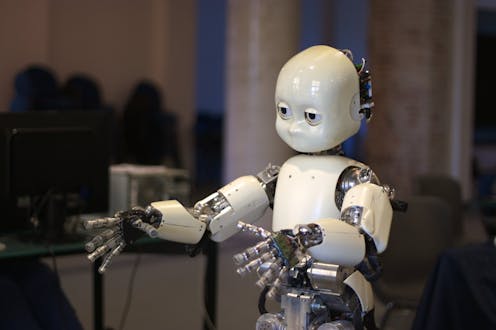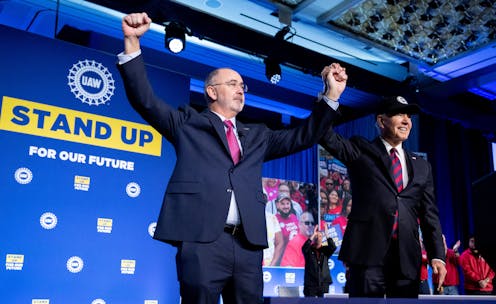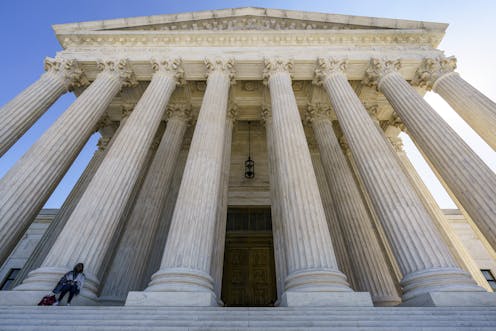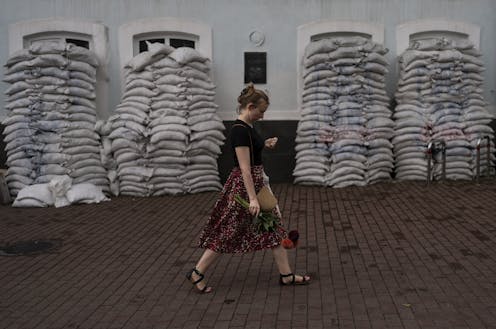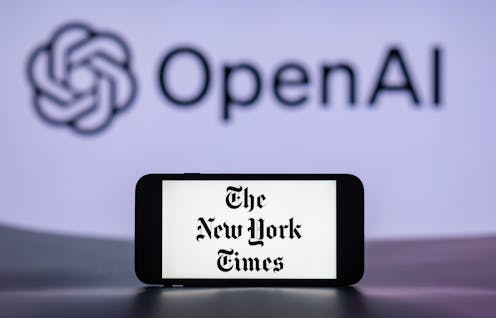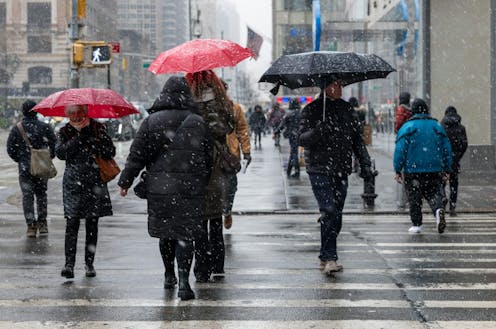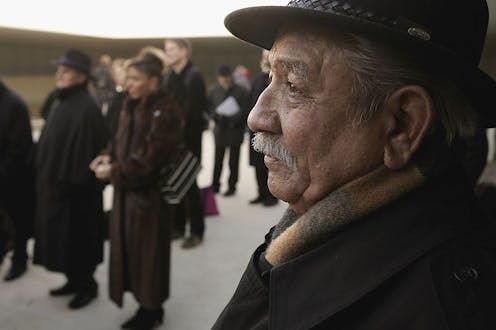Treatment can do more harm than good for prostate cancer − why active surveillance may be a better option for some
- Written by Jinping Xu, Chair of Family Medicine and Public Health Sciences, Wayne State University
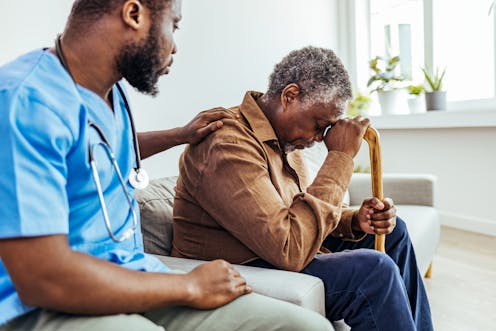 A cancer diagnosis is serious, but immediately starting treatment sometimes isn't the best course of action.ljubaphoto/E+ via Getty Images
A cancer diagnosis is serious, but immediately starting treatment sometimes isn't the best course of action.ljubaphoto/E+ via Getty ImagesAlthough about 1 in 8 men in the U.S. will be diagnosed with prostate cancer during their lifetime, only about 1 in 44 will die from it. Most men diagnosed with prostate cancer die from other causes, especially...


